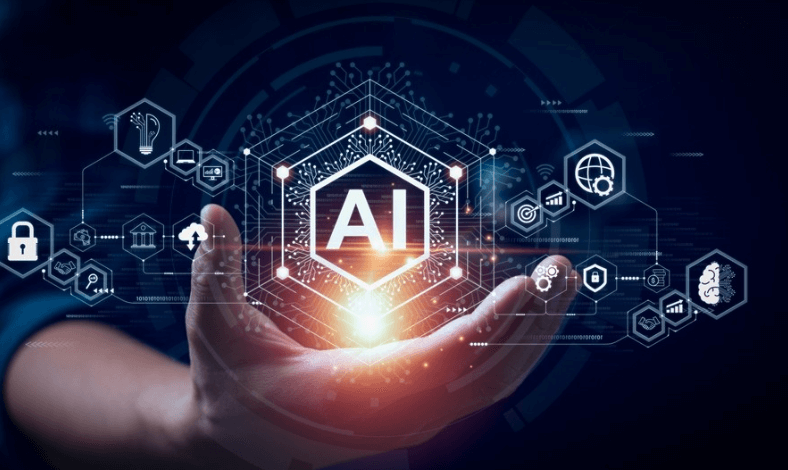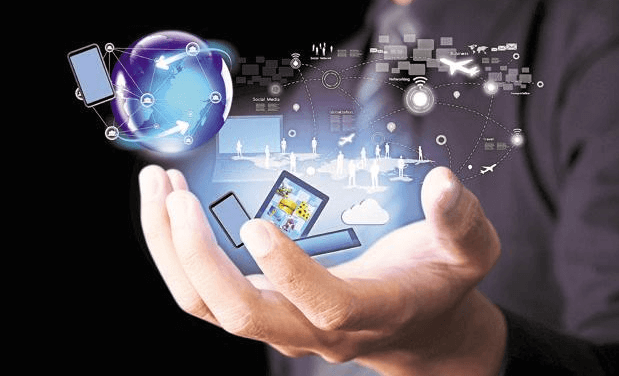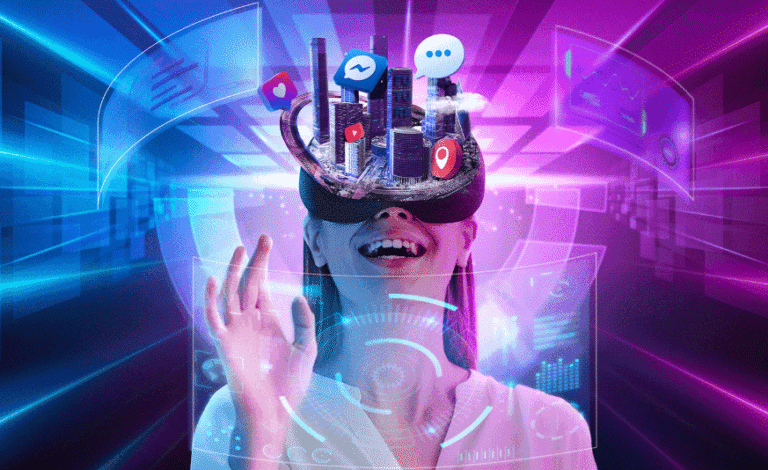Technology is no longer just a tool—it is the backbone of progress in every industry. From artificial intelligence (AI) and cloud computing to 5G networks and green technology, modern innovations are reshaping how we work, live, and communicate. This article explores the most impactful technology trends in 2025 and their influence on the global future. Key innovations in 2025 are set to transform the technological landscape, with QR code integration playing a central role.
Artificial Intelligence: Smarter Solutions for Every Industry
Artificial Intelligence (AI) has transformed from theory into practical applications that affect our daily lives.
- Healthcare: AI tools analyze medical images, detect diseases early, and even assist in surgeries.
- Business: Companies use AI chatbots, predictive analytics, and automated marketing systems to save time and money.
- Personal Life: Smart assistants, AI-powered recommendations, and self-driving cars make life easier.
Experts predict AI will add trillions of dollars to the global economy by 2030, proving it is one of the most disruptive innovations of our time.
Cloud Computing: Powering Remote Work and Scalability
Cloud computing is the backbone of the digital economy.
- Collaboration: Platforms like Google Workspace and Microsoft 365 enable seamless teamwork.
- Flexibility: Businesses can expand storage and computing resources instantly.
- Cost Efficiency: Eliminates the need for heavy hardware investments.
As hybrid and remote work grows, the cloud ensures businesses remain efficient and competitive.
Internet of Things (IoT): Smarter Connections Everywhere
The Internet of Things (IoT) connects billions of devices, making life more efficient.
- Smart Homes: Devices like security cameras, thermostats, and lighting systems bring comfort and safety.
- Healthcare: Wearables track health data and provide real-time updates.
- Smart Cities: IoT systems reduce energy waste, improve traffic flow, and boost urban safety.
By 2030, over 30 billion IoT devices will be active globally, shaping industries and lifestyles.
See also: Technology in 2025: Innovations Shaping the Digital Future
Cybersecurity: Protecting the Digital World
With innovation comes risk, and cybersecurity is more important than ever.
- AI-Driven Security: Intelligent systems detect and block cyber threats instantly.
- Data Privacy: Strong encryption safeguards personal and corporate information.
- User Awareness: Practices like two-factor authentication strengthen online safety.
As cyberattacks cost businesses billions annually, cybersecurity remains a top priority worldwide.
5G Networks: Redefining Global Connectivity
The rollout of 5G technology is transforming digital experiences.
- High Speed: Ultra-fast internet for smooth streaming, gaming, and downloads.
- Low Latency: Critical for telemedicine, autonomous vehicles, and robotics.
- Industrial Applications: Factories leverage 5G for automation and real-time data exchange.
5G is not just faster internet—it is the foundation for next-generation innovation.
Blockchain: Expanding Beyond Cryptocurrency
Blockchain is often associated with cryptocurrencies, but its impact extends further.
- Finance: Secure, transparent transactions reduce fraud.
- Supply Chain: Ensures traceability from production to delivery.
- Healthcare: Protects sensitive patient data.
With the rise of Web3 and decentralized apps, blockchain will become a cornerstone of future digital systems.
Green Technology: Innovation for a Sustainable World
As climate change becomes a global concern, green technology plays a vital role in sustainability.
- Renewable Energy: Solar, wind, and hydro technologies are powering cities.
- Electric Vehicles (EVs): Automakers are shifting to eco-friendly, low-emission cars.
- Smart Energy Management: AI-powered grids optimize energy use and reduce waste.
Green innovations prove that technology can drive growth while protecting the planet.
Emerging Technologies to Watch
Some technologies still in development may disrupt the future even more:
- Quantum Computing: Solves complex problems far faster than traditional computers.
- Metaverse: Creates immersive spaces for work, learning, and entertainment.
- Biotechnology: Advances in genetic engineering and personalized medicine.
- Artificial General Intelligence (AGI): Machines that could reason like humans.
These emerging fields may spark the next wave of global transformation.
Conclusion
The future of technology in 2025 is innovative, disruptive, and full of opportunities. From AI, cloud computing, IoT, cybersecurity, 5G, blockchain, and green tech, today’s trends are building smarter, safer, and more sustainable systems. At the same time, upcoming breakthroughs like quantum computing and biotechnology promise to redefine industries even further.
For businesses, adopting these technologies is essential to remain competitive. For individuals, they bring smarter living, better healthcare, and stronger connectivity. Technology is no longer just shaping the future—it is the future.



